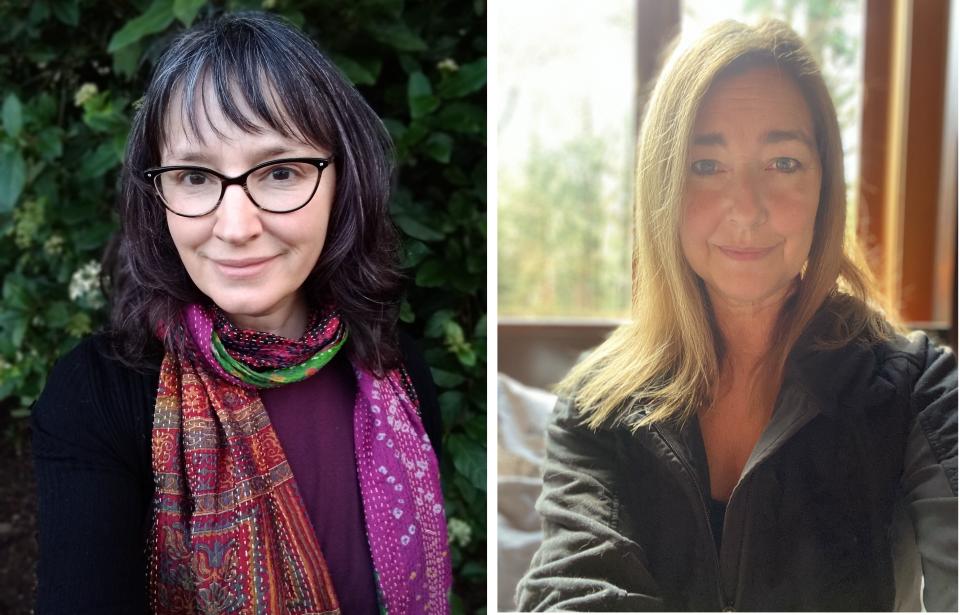'Buy Nothing' Groups: Stop Spending Money And Just Ask For What You Need
Americans tend to be a wasteful bunch. The United States, home to only 4% of the world population, is responsible for 30% of the planet’s total waste.
You’d probably like to contribute to that problem less. Not only would you help the environment, but you’d probably save a ton of money, too. But the county’s waste problem can seem like such a big issue that it’s tough to know where to start.
That’s where your local “Buy Nothing” group on Facebook can help.
The very first Buy Nothing group was founded in 2013 on Bainbridge Island, a 35-minute ferry ride from the heart of Seattle, by Liesl Clark and Rebecca Rockefeller. The two women spent a lot of time early in their friendship wandering the beaches with their children, and were stunned by the amount of plastic that washed up along the shoreline every day.
“I don’t mean just a few plastics,” Clark said. “Every square foot of the high tide line was covered with anything from plastic bottle caps and straws, to cigarette lighters, to car bumpers.”
Both Clark and Rockefeller were home schooling their kids at the time and wanted to turn this observation into a larger lesson. They decided to conduct a citizen science project with their children and attempt to solve the mystery of where all these plastics were coming from. They spent a few years documenting, collecting and categorizing the plastic waste.
Out of this investigative work came a troubling realization. “The plastics are coming from us,” Clark said. “They’re not just from people spending time on the beaches or on boats ― they’re coming from our homes, they’re coming from our cars, they’re coming from our workplaces, and they’re washing down with every rain event.”

The Plan: Waste Less, Save More And Make A Few Friends Along The Way
Clark and Rockefeller wanted to find a way to contribute less waste ― not just as individuals, but as a community. They decided the answer was to share what they already had....



